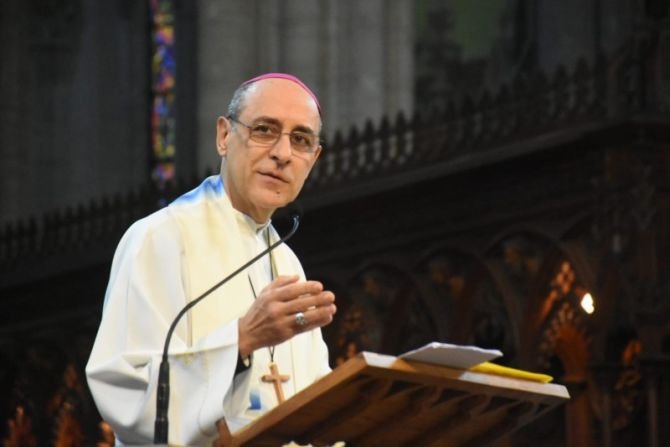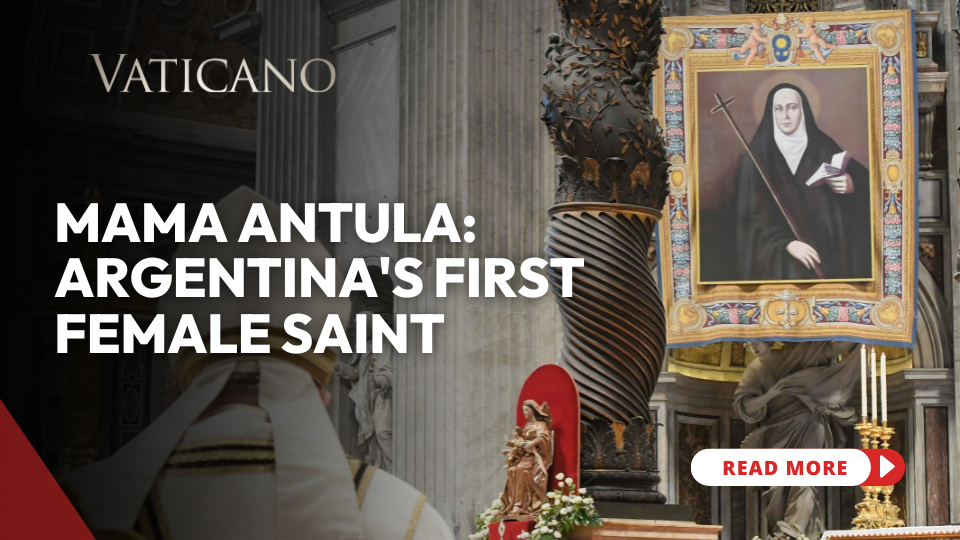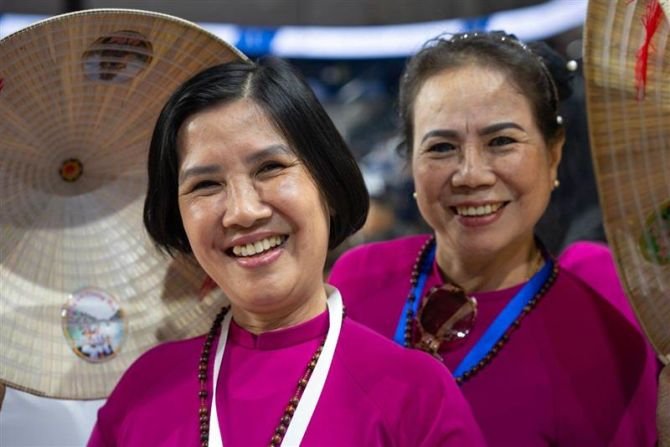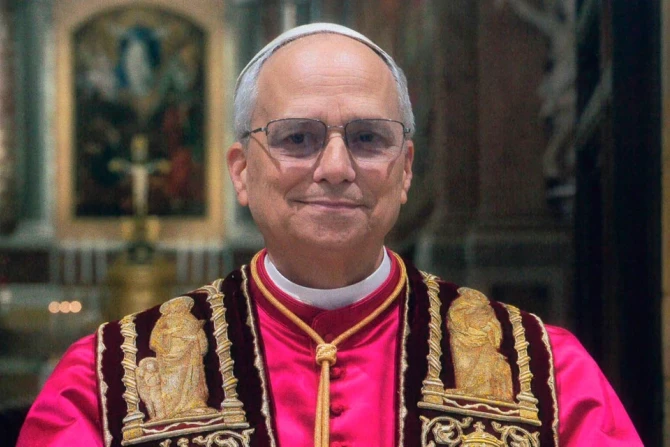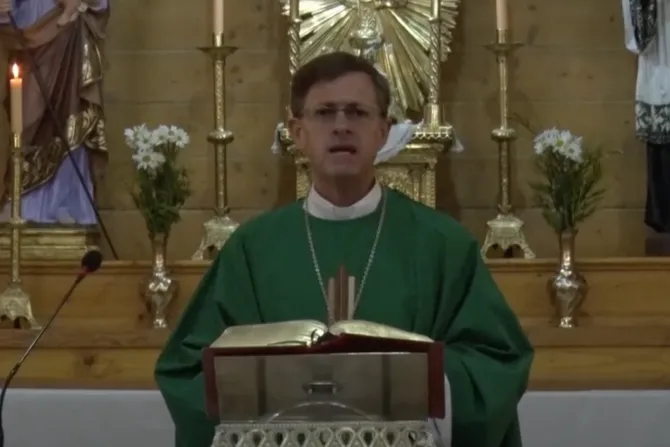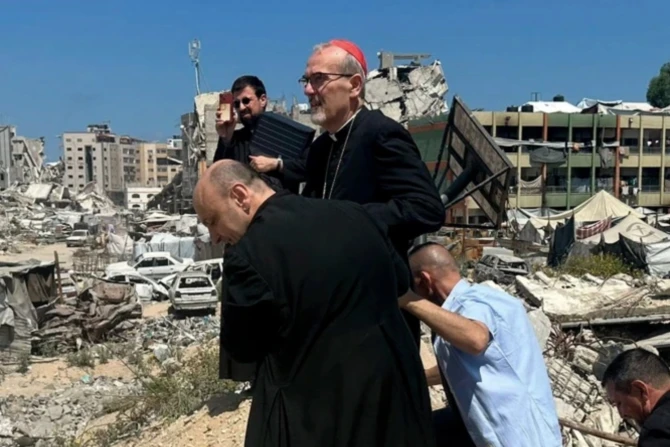Under certain circumstances, it may be permissible for a Catholic to keep a small portion of a deceased loved one’s ashes in a personal place of significance if some conditions are met, according to the Vatican’s Dicastery for the Doctrine of the Faith.
The guidance came from a letter written by Cardinal Víctor Manuel Fernández, who serves as the prefect for the dicastery. The recently published letter was sent in response to an inquiry from Cardinal Matteo Maria Zuppi, the archbishop of Bologna, Italy.
According to Fernández, the ecclesiastical authority may consider and evaluate a request from a deceased person’s family “to preserve in an appropriate way a minimal part of the ashes of their relative in a place of significance for the history of the deceased person.”
However, this can only be the case if the family rejects “every type of pantheistic, naturalistic, or nihilistic misunderstanding,” the letter emphasized. It added that the ashes of the deceased “are [to be] kept in a sacred place.”
“The ashes of the deceased person … come from the material remains that were part of the person’s historical journey — so much so that the Church shows particular care and devotion concerning the relics of the saints,” Fernández added.
“This attention and remembrance also leads us to have an attitude of sacred respect toward the ashes of the deceased, which we conserve in a sacred place suitable for prayer, sometimes located near the churches visited by the family and neighbors of the deceased.”
The cardinal also said that it is permissible for the commingled ashes of deceased and baptized persons to be set aside in a permanent sacred place if the names of the person are indicated so as to not lose memory of them.
In explaining Church regulations for the preservation of cremated ashes, Fernández cited a 2016 Congregation for the Doctrine of the Faith document that prohibits the spreading of ashes and requires that ashes be kept in a sacred place designated by ecclesiastical authority. The cardinal noted that these regulations are still valid.
“The reservation of the ashes of the departed in a sacred place ensures that they are not excluded from the prayers and remembrance of their family or the Christian community” in the case of cremation, according to the instruction Ad Resurgendum Cum Christo, Regarding the Burial of the Deceased and the Conservation of the Ashes in the Case of Cremation, which the cardinal cited in his letter.
“It prevents the faithful departed from being forgotten, or their remains from being shown a lack of respect, which eventuality is possible, most especially once the immediately subsequent generation has too passed away,” the 2016 document adds. “Also it prevents any unfitting or superstitious practices.”
Fernández in his letter this month referenced the Catholic doctrine that “we will be raised [from the dead] with the same bodily identity, which is material, … even though that matter will be transfigured, freed from the limitations of this world.”
He said this doctrine avoids “any harmful dualism between the material and immaterial” but that the transformation “does not imply the recuperation of the identical particles of matter that once formed the human being’s body.”
“The body of the resurrected person will not necessarily consist of the same elements that it had before it died,” the cardinal added. “Since it is not a simple revivification of the corpse, the resurrection can occur even if the body has been totally destroyed or dispersed. This helps us understand why, in many cinerary urns, the ashes of the deceased are conserved together and are not stored separately.”
Fernández’s letter was dated Dec. 9 and written in response to Zuppi’s Oct. 30 inquiry.
This article was originally published on Catholic News Agency.

